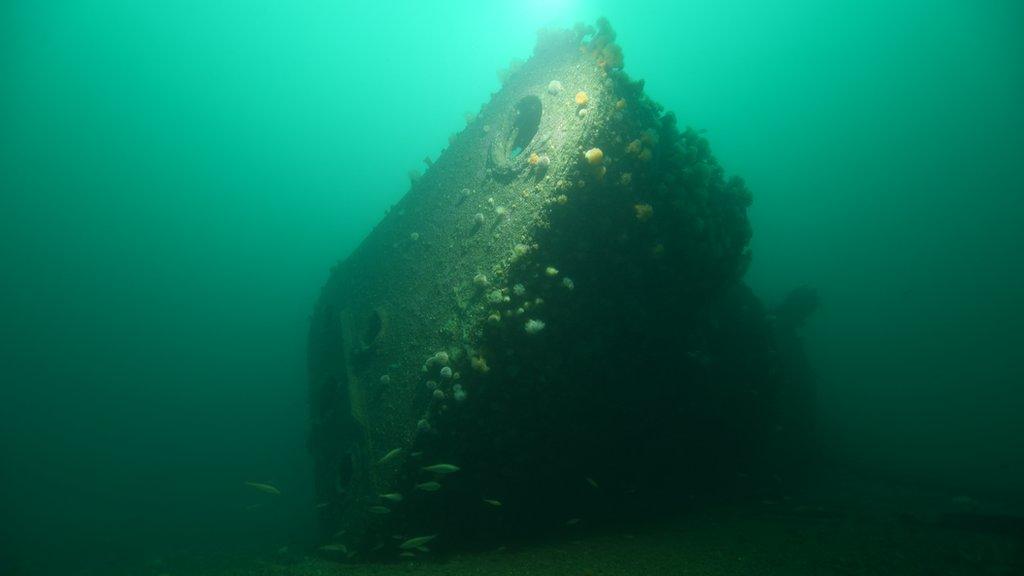Scapa Flow: Sunken WW1 battleships up for sale on eBay
- Published
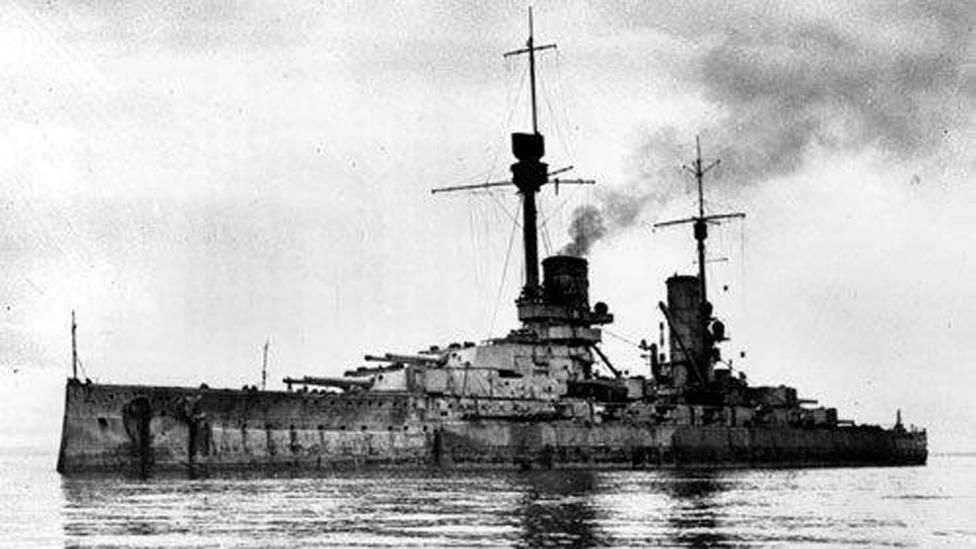
The German battleship Markgraf was among those scuttled in 1919
Four World War One battleships sunk in Scapa Flow in Orkney in 1919 are being sold on eBay - with an asking price of just over £800,000.
The vessels, which were part of the German High Seas fleet, were deliberately scuttled 100 years ago.
When the listing first appeared on online auction site eBay, some assumed the advert was a hoax.
But the seller explained that they had been bought from a defunct salvage company.
The vessels will now be sold to the highest bidder.
The ships - the Markgraf, Karlsruhe, Konig and Kronprinz Wilhelm - are scheduled monuments, which recreational divers are not supposed to enter.
But Drew Crawford, agent for retired Tayside diving contractor Tommy Clark, said the owner of the wrecks would be allowed to access them.
They cannot be removed from the seabed.
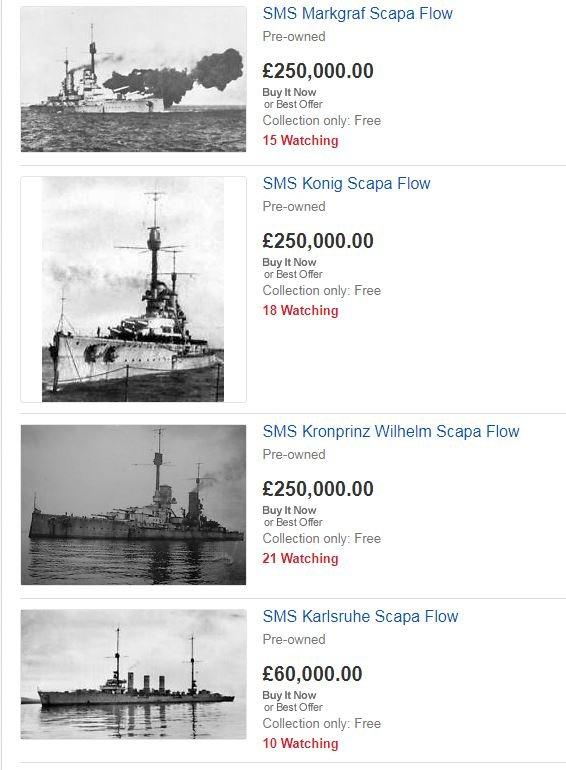
The listing describes the ships as "pre-owned" and says the buyer must collect
Mr Crawford told BBC Radio Orkney it might be possible to obtain licences to retrieve artefacts from the ships, although the commercial salvage of the wrecks themselves would no longer be allowed.
He said: "The wrecks ended up under the ownership of Scapa Flow Salvage.
"That company went into receivership and they were put out for tender at the time, and Mr Clark purchased them from the receiver.
"There's a sense of pride associated with these absolutely iconic vessels, but ultimately he's come to a time in his life where he's not going to do anything further with them, so it's a case of passing the baton on to the next owner."
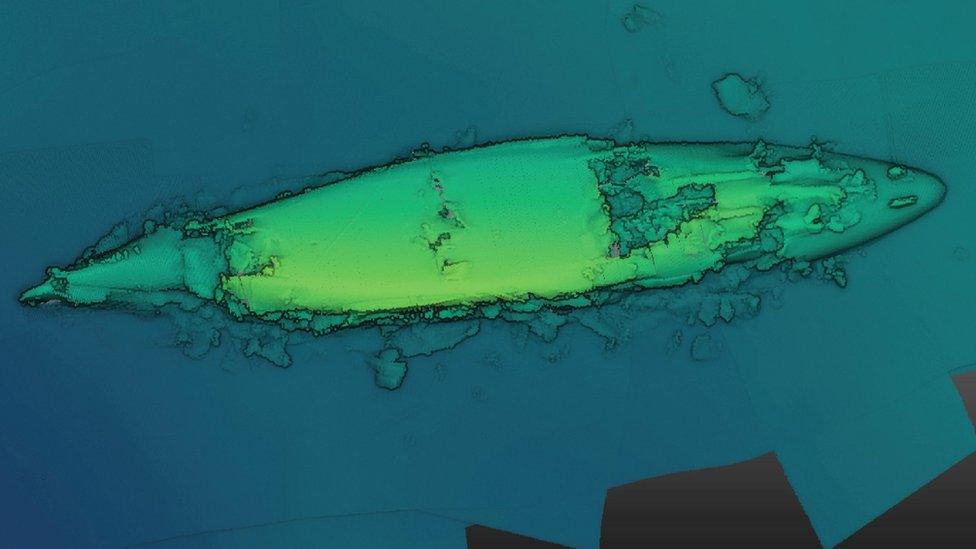
Markgraf lies on the seabed
The fleet had been interned in Scapa Flow after surrendering in the Firth of Forth.
Admiral Ludwig von Reuter ordered the deliberate sinking of his ships in WW1 because he feared either the resumption of hostilities if treaty negotiations in Paris broke down, or the seizing of the fleet by the Allies as war reparations.
During the 1920s and 30s a number of the vessels were lifted from the sea bed by commercial contractors, and broken up.
Some historians argue that saved Orkney from the worst effects of the post-war recession.
'A lot of interest'
And the presence of the wrecks in Scapa Flow has made the area a destination of choice for divers, keen to see the remains on the sea bed.
Mr Crawford said: "We anticipated that there's a very small number of people that would be interested in such a purchase, and would have the funds for such a purchase. And that it was necessary to cast the net as wide as possible.
"We've had a lot of interest. A lot of people from overseas have been in contact. We've been pleasantly surprised at the number of people who've been in touch, and the interest that we've had to date."
The anniversary of the scuttling is being marked with a series of events across Orkney - including conferences, exhibitions, specially written plays, and a commemorative service at Lyness cemetery in Hoy, where a number of German sailors shot by the Royal Navy during the scuttle are buried.
- Published24 May 2019
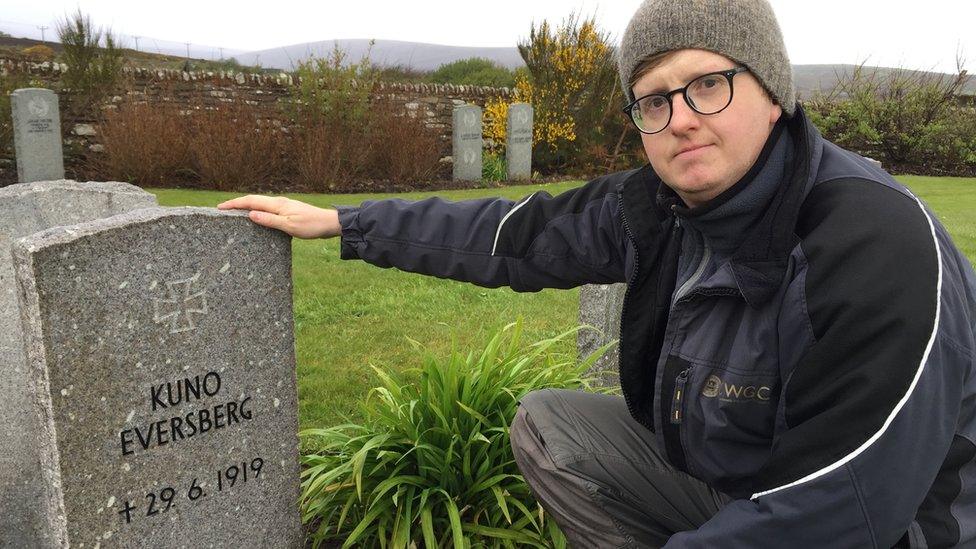
- Published8 August 2017
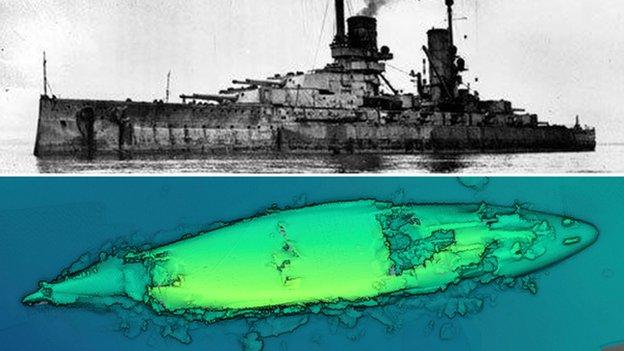
- Published29 November 2016
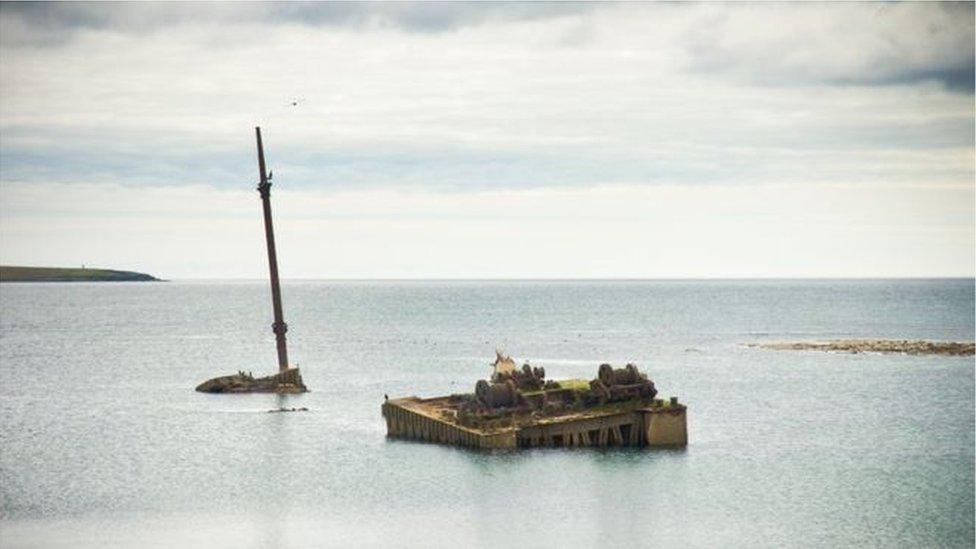
- Published19 June 2015
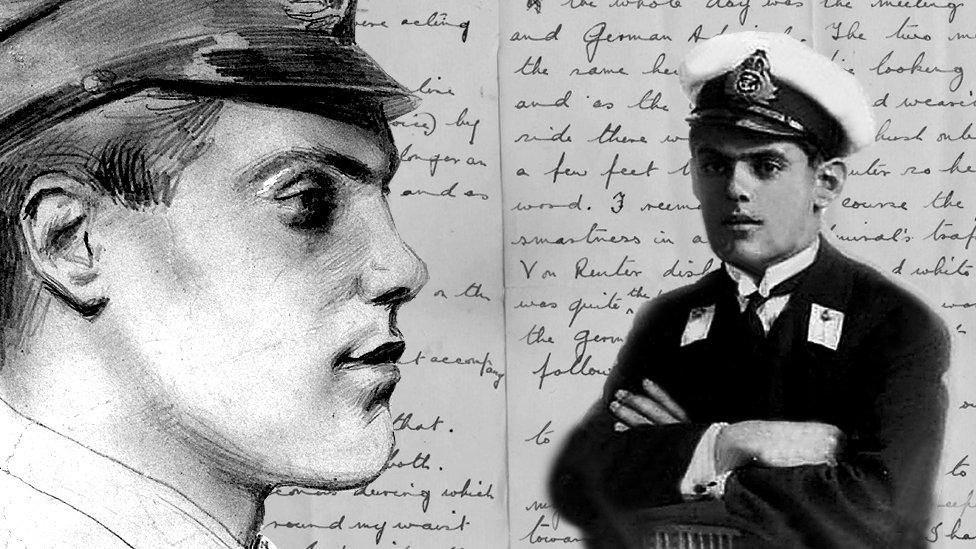
- Published20 November 2014
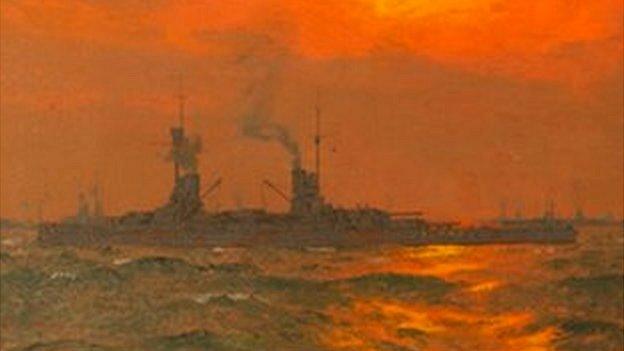
- Published21 November 2018
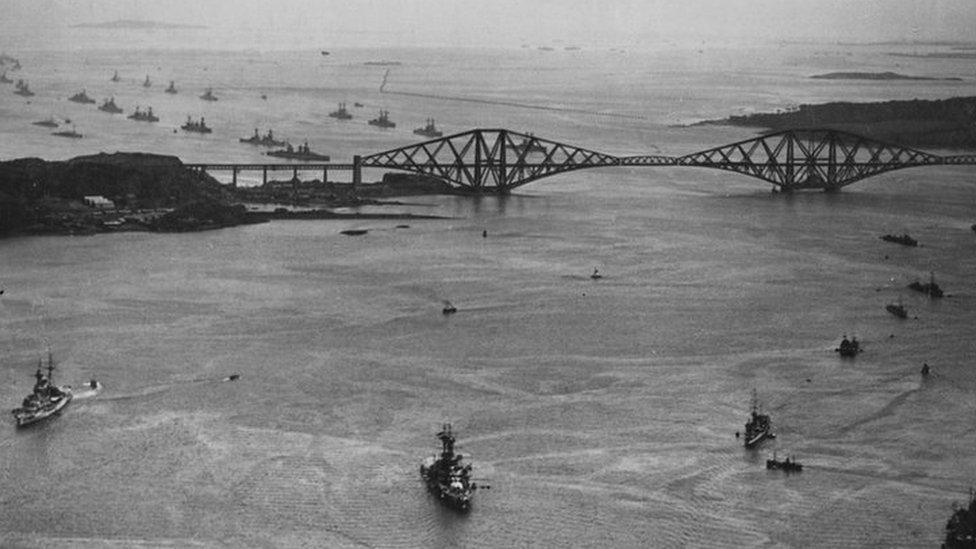
- Published1 November 2018
